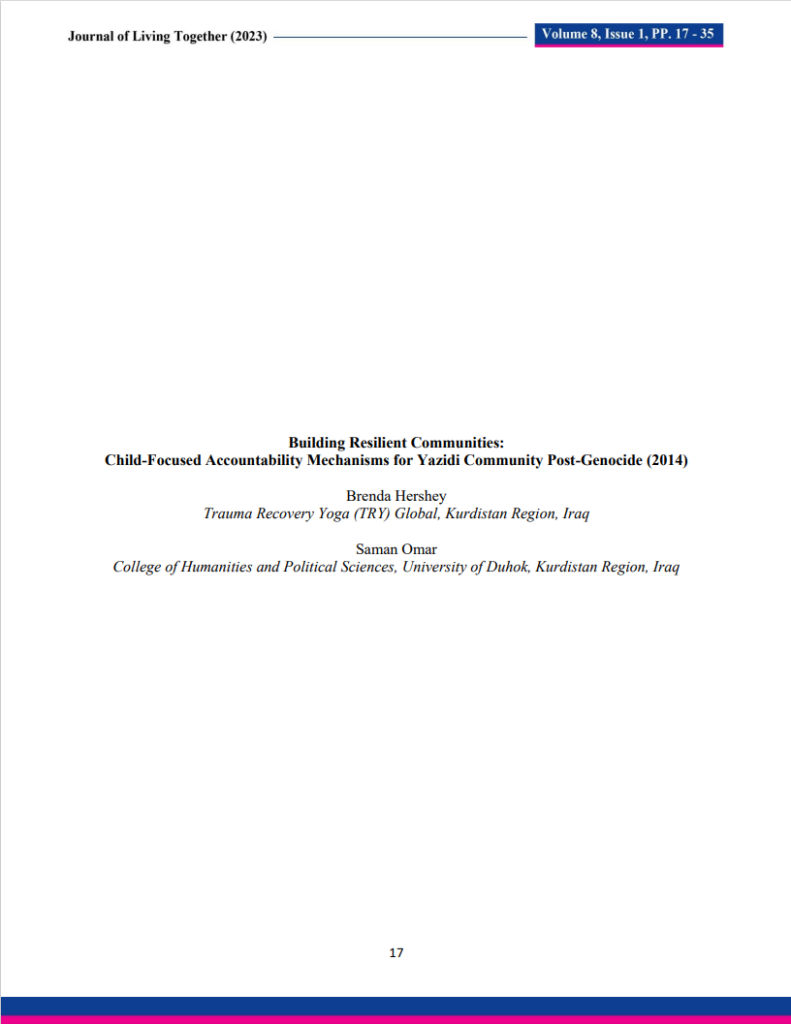The Gambia v. Myanmar Case
At the end of February, public hearings began in the Hague in the case The Gambia v. Myanmar in the International Court of Justice. The Gambia filed a case against the government of Myanmar in 2019, claiming that the Southeast Asian country violated The Convention on the Prevention and Punishment on the Crime of Genocide, a treaty which 152 countries have signed, including Myanmar. The Gambia argues that Myanmar’s violence towards its Rohingya minority violates the treaty.
The Myanmar state has historically ostracized and persecuted the Rohingya, denying them citizenship, but beginning in 2016, frequent violent military-backed attacks on the Rohingya people triggered mass migration to neighboring Bangladesh. The Myanmar’s military’s actions have been defined as either ethnic cleansing or genocide by a number of governments.
The beginning of court proceedings comes a year after the Myanmar’s military seized control of the country’s government and imprisoned their government leader, Aung Saan Suu Kyi, who has received criticism over her silence on the military’s attacks on the Rohingya.
Transcripts of the hearings can be found on the International Court of Justice’s Website: https://www.icj-cij.org/en/case/178
An informative article from Human Rights Watch published in February is also available on this page: https://www.hrw.org/news/2022/02/14/developments-gambias-case-against-myanmar-international-court-justice




